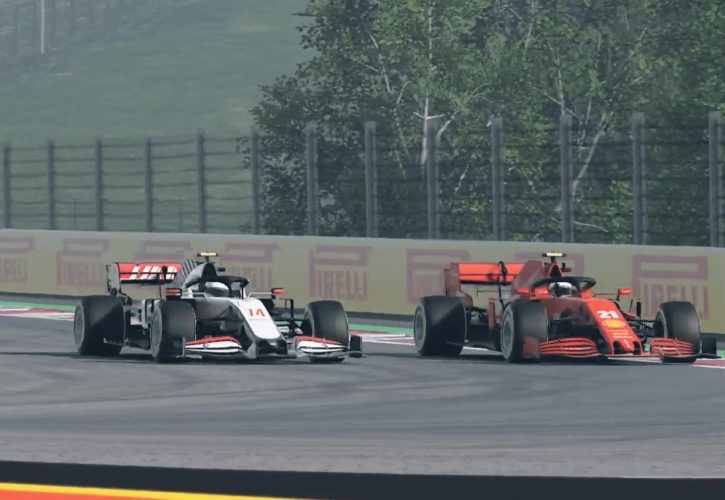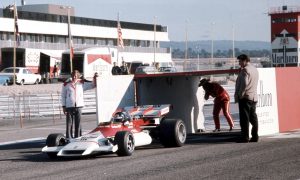
FIA race director Charlie Whiting has warned that Formula One teams will be penalised should they try to circumvent the radio ban by using coded messages.
The sport’s governing body introduced new restrictions ahead of the season-opening Australian Grand Prix in a bid to give more decision-making powers back to the drivers and add uncertainty to spice up the show.
The fresh clampdown has met with only lukewarm reception from the drivers, while some observers were quick to suggest that teams could use decoys to feed outlawed information.
“I can’t tell you how a coded message is defined because it depends entirely upon what the message is and what the explanation for that message is,” Whiting told reporters in Melbourne. “By putting down exactly what you can say, if you go outside of that it is fairly obvious.
“I’ve had some very strange questions about people saying things like ‘The birds flying high in the sky today’ and stuff like that, but I just say ‘It’s not on the list’. Seriously, even by using some of these things on the list there probably is a way of getting a message across which we weren’t intending them to, but we will have to deal with that on a case-by-case basis.”
Although he welcomes the changes, 2009 world champion Jenson Button said on Thursday that it would be “impossible” for the FIA to properly police the latest radio regulations because “they can't listen to every single message”. Whiting begs to differ and insists the ruling body has taken the necessary measures to thoroughly enforce the interdiction.
“We listen to it in real time and we’ve got four people in race control listening to three drivers each and four or five software engineers listening to two or three each. It’s relatively straightforward and, quite honestly, they are not saying that much.
“We will hear every single message, I am absolutely sure of that. Going back to the coded messages, we’ve got to be a little careful about that. If we had some suspicion that a message is rather odd, we could look at the data from the car and see if anything has changed in response to that message. Then at the next race if we hear the same message we will look for the same switch change or something like that. We will build up a little knowledge.”
Should one or several teams be found responsible for an infringement of the new radio rules, Whiting explains that sanctions will be gradual.
“It would depend on the level of the breach. If it was a simple one we would let them get away with at this stage, but if it was a more serious one the stewards might consider a reprimand, but if they were to do something that really helped the driver do something that he should be doing himself, then I suspect a time penalty might be more appropriate.”
REPORT: Hamilton fastest as Rosberg crashes in FP2
Australian Grand Prix - Friday free practice as it happened
2016 F1 season: Team-by-team preview
Keep up to date with all the F1 news via Facebook and Twitter






